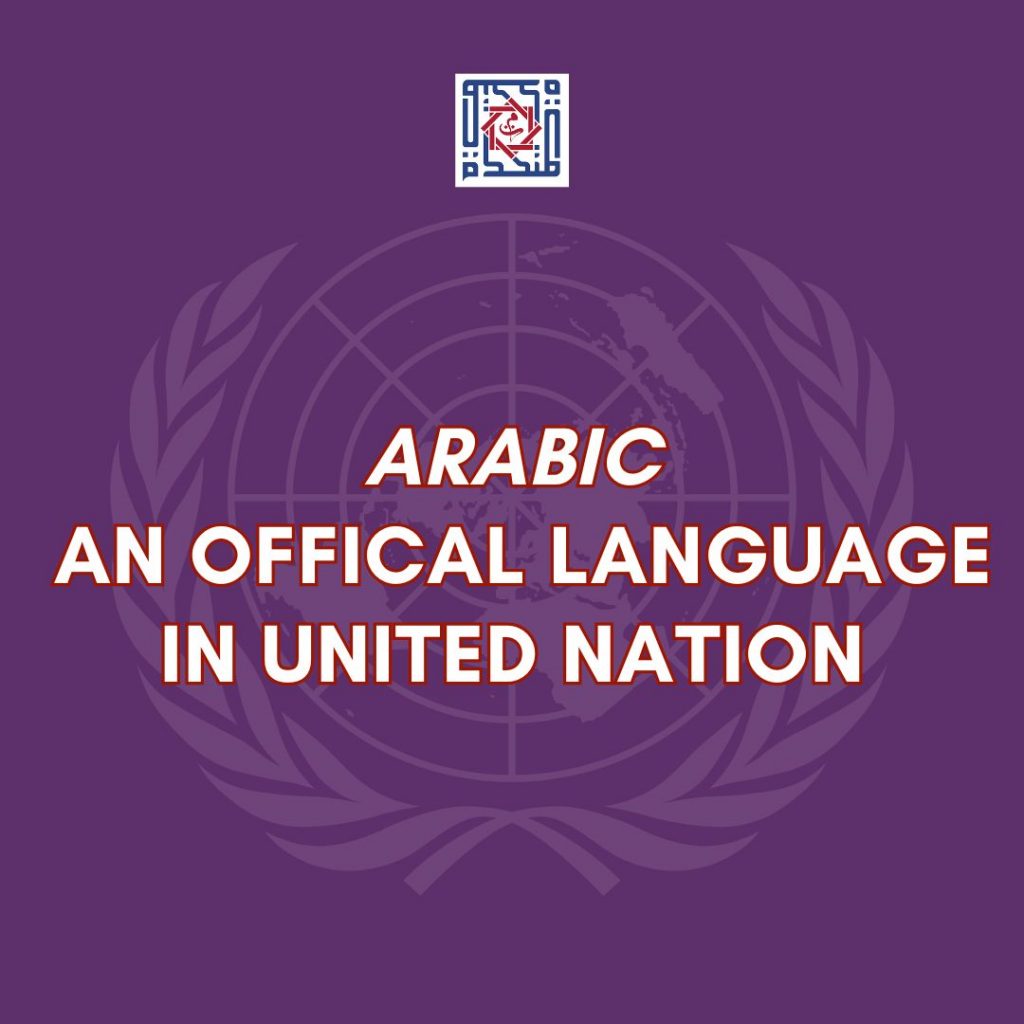
Arabic became an official language of the United Nations on December 18, 1973, marking a significant milestone in the recognition of the language’s global importance. The inclusion of Arabic as one of the UN’s six official languages acknowledges the rich cultural, historical, and political contributions of Arab nations. As the language of over 400 million people across 22 countries, Arabic plays a crucial role in international diplomacy, particularly within the Middle East and North Africa, where many member states of the UN are located. Its addition also ensured greater inclusivity and representation in global discussions.
Since then, the UN has used Arabic in its meetings, official documents, and translations, allowing Arabic-speaking nations to engage fully in international dialogue. This move was especially important in fostering communication and understanding between Arab countries and the rest of the world. Every year on December 18, the UN celebrates World Arabic Language Day, highlighting the language
